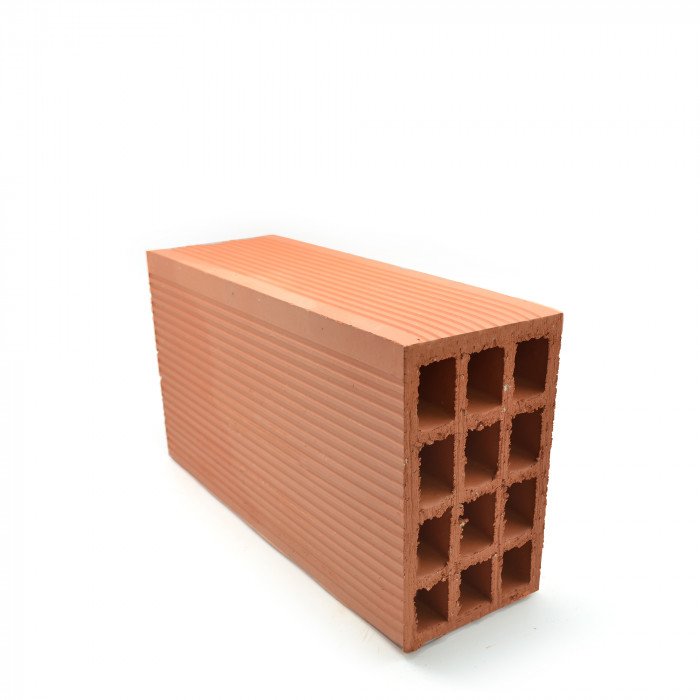That's pretty neat. In Argentina it is common and in fact more common than not to have a cold water tank on the roofs of the houses, hidden on the upper floor, or hidden in the roof itself. The houses are often built with iron structure columns embedded in concrete and with hollow but structured ceramic bricks filling out the walls. Although in some regions where wood is more plentiful, trunks are used instead.

( link to appease copyright law Image credit )
The cold water tanks are located on top of the structural columns of a house or building. After all these tanks typically weigh multiple tons. Certainly this tank of yours would weigh about 40 metric tons when full. I doubt the typical roof could withstand that. So of course, the ground is where it had to be.
It seems like a very sound investment.